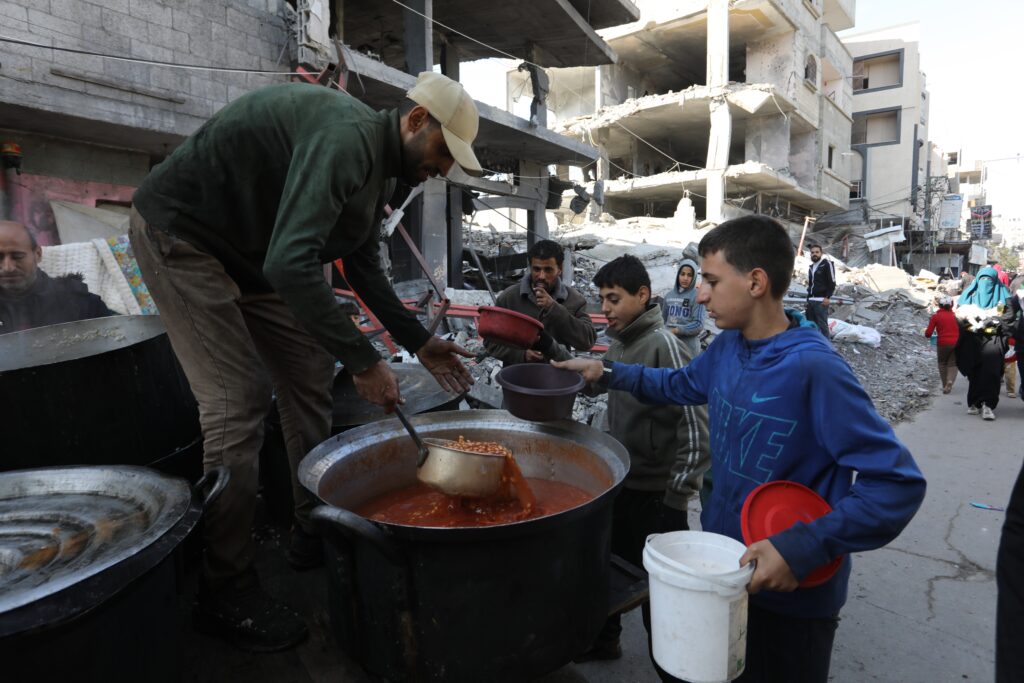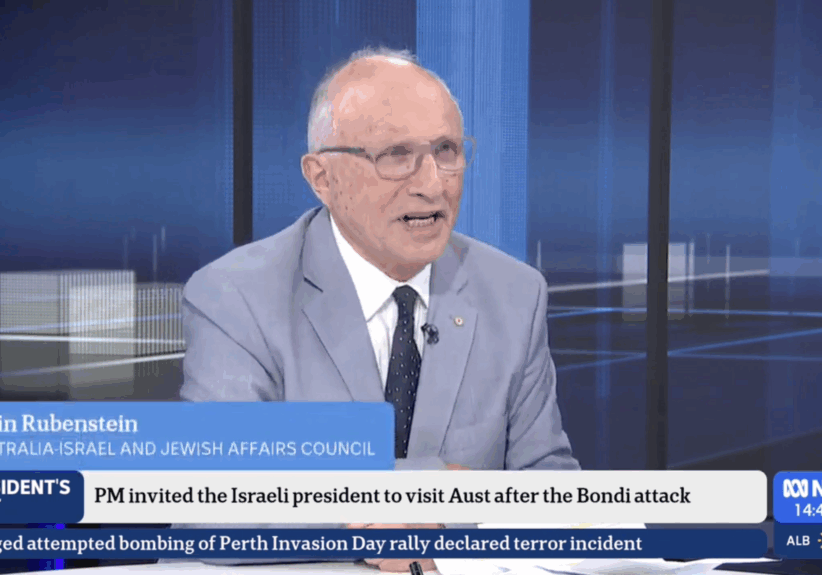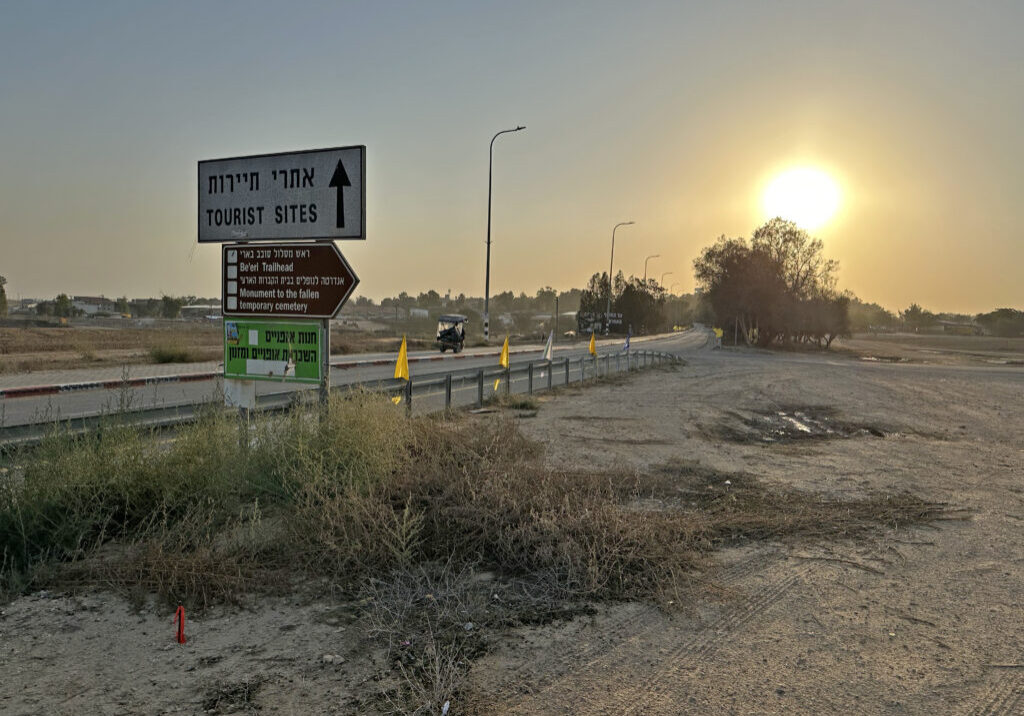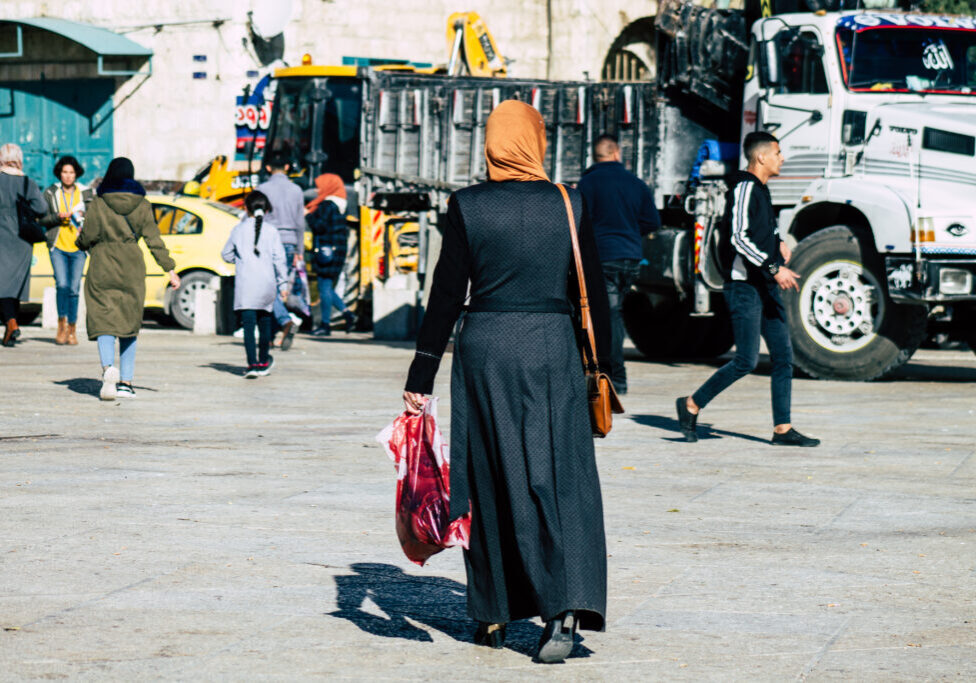Australia/Israel Review
Rafah resolved – or is it?
May 30, 2024 | Yonah Jeremy Bob

For several months now, there has been a heated debate between the US and Israel about whether it would take four weeks (Israel’s view) or four months (the US’s view) to evacuate the Palestinian civilians taking refuge in Rafah so that the IDF could operate there – an estimated 1.2 to 1.4 million people.
Another heated debate was regarding whether that sheer volume of civilians in such a tiny area could be moved without a mass loss of civilian life; Israel wagered “yes,” while the US said “no.”
The IDF resolved this debate on May 21 in its announcement that it had moved somewhere between two-thirds to 80% of the Palestinian civilian population out of Rafah – with a minimal number of casualties – in under two weeks. This was the first shocking swing of fate, due largely to extraordinary IDF achievements.
If the American objections to Rafah were specifically about potential harm to civilians or the mobility of civilians, their objections did not come to pass.
The great Rafah conundrum just may have been resolved in one fell swoop, in a way that has the potential to restore US-Israel relations to where they were a few months ago – shoulder to shoulder against terror, Hamas, and Iran.
This would all work, except there are a few other shocking swings of fate in the opposite direction.
For Israel, a major reason to go into Rafah, other than to take apart Hamas’ remaining four battalions, was to secure the release of potentially dozens of hostages being held there. Another was to potentially corner Hamas Gaza chief Yahya Sinwar, who the IDF has said fled there from Khan Yunis in December.
So far, the military has had nothing to say about either goal. It seemed even less confident about Sinwar’s location – now concentrated largely to the entire enclave – more so than at anytime since October.
The IDF also seemed to think that the rest of the Hamas high command took note of the assassination of Marwan Issa and is hiding.
There is always the chance that a surprise operation is in the works, that tomorrow or the next day there will be a breakthrough in the locations of the hostages or Sinwar.
Also, there still will be likely some heavier fighting in Rafah going forward. But it also seems that much of Rafah’s four battalions may have faded into the civilian population and fled with them to fight another day.
If so, all 24 of Gaza’s battalions will be taken apart and Hamas will have no place in Gaza to congregate as a public military ruler, and yet Israel will still be far from getting the hostages back or from eliminating Hamas. And Hamas is so very patient in its pursuit to return to power.
‘Rafah’ was not a magic word that would end the war, but it was supposed to produce major results that would greatly pressure Hamas, tilting some of the diplomacy questions in Israel’s favour.
To date, it seems that much less has been achieved than expected – possibly because Israel was so focused on getting the civilians out, even without checking them, as long as they were not openly armed.
And if Israel wants to continue military pressure to get the hostages back and find Sinwar, might it still be in a fight with Washington, which may just want the war to end, regardless of whether the hostages are returned beforehand?
Years from now, this might be called the Rafah whiplash – for two opposite shocks which may simultaneously leave observers heavily impressed by the IDF’s professionalism but deeply disappointed with the overall bottom line on achieving the war aims.






